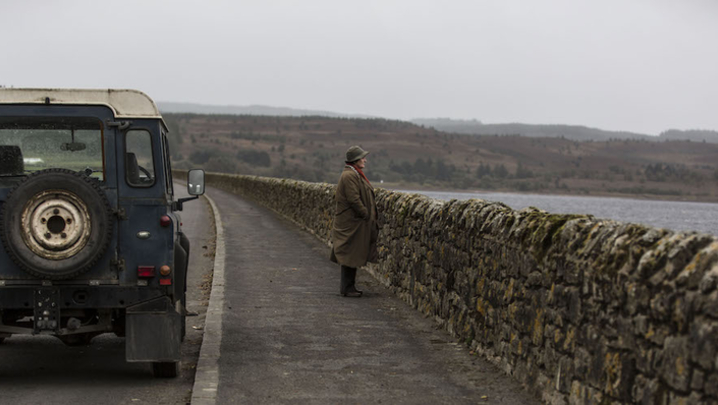Graeme Thompson urges the BBC to rethink its approach to English local radio
One of my summer highlights this year is the garden party to mark BBC Radio York’s 40th birthday. I began my BBC career with the station and can’t wait to catch up with fellow Yorkies.
Local radio was and remains such an important springboard for talent. I look back at that production office of 1983 and see so many people who’ve gone on to glittering careers. Back in those heady days, station chief John Jefferson brought together an eclectic mix of talents ranging from Chris Choi (now best known as consumer editor for ITV News) to the late, lamented humourist Victor Lewis-Smith, who had his own anarchic weekend show, Snooze Button.
My fellow local radio trainees, schooled at the old Langham in London, included the likes of Alex Crawford, Jon Sopel and Fran Unsworth. Every one of us was grateful for our start on local stations. So, of course, I’m saddened the BBC is choosing to further prune its English local radio output by insisting on so much shared programming across stations that have little in common.
If I learned anything during my time at the BBC and ITV, it is that people enjoy network programmes and output about where they live. But they can spot other people’s local content a mile off and they switch off.
The BBC has already severely depleted its local TV output but, to give it credit, is investing in commissioning more network programmes to be made in areas such as North East England. It’s on target to exceed the £25m it initially committed to producing content from a region stretching from the Scottish Borders to the North York Moors.
Despite my misgivings about its approach to local broadcasting, it is impossible to overestimate the impact that the corporation’s investment is having here. Not just in the raft of new shows, such as Robson Green’s Weekend Escapes and 24/7 Pet Hospital, but the opportunity for production staff and crew to find work closer to home.
The investment also encouraged the 12 local authorities in the North East to establish a £12m skills and production fund, which has already resulted in a host of production companies switching their operations to the region.
Fulwell 73 is so taken with its base in Sunderland that it has partnered with the city council and Cain International to develop a £400m high-end TV and film studio complex on the banks of the River Wear.
Production powerhouses such as Nicola Shindler’s Quay Street Productions has begun filming its new drama, The Red King, in Northumberland. The new screen agency, North East Screen, has joined forces with colleagues in Screen Yorkshire, Liverpool Film Office and Screen Manchester in a BFI-funded alliance to identify and train the skilled workforce required to meet the demand for content across the North.
It’s a proper, joined-up approach to developing clearer pathways to long-term employment in film and TV production.
Persuading school and college leavers from Hexham or Stokesley that there are viable careers to be had in the screen sector is, of course, easier said than done. They probably don’t know anyone making a living in TV and film.
Although the creative industries continue to be a vital cog in the UK economy, they, along with their parents and teachers, can’t fail to be swayed by media commentators and politicians questioning the value of humanities studies and creative careers.
Fortunately, people such as the energetic Leo Pearlman, the Sunderland-born boss of Fulwell 73, are on a mission to talk to businesses, universities, schools and colleges to alert them to the massive opportunities opening up outside London.
So, I’ll be raising a glass to our treasured Beeb at York’s summer party but urging it to think again about throwing its commitment to local out with the bathwater.
Graeme Thompson is Chair of the RTS Education Committee and Visiting Professor in Creative Industries at the University of Sunderland.







